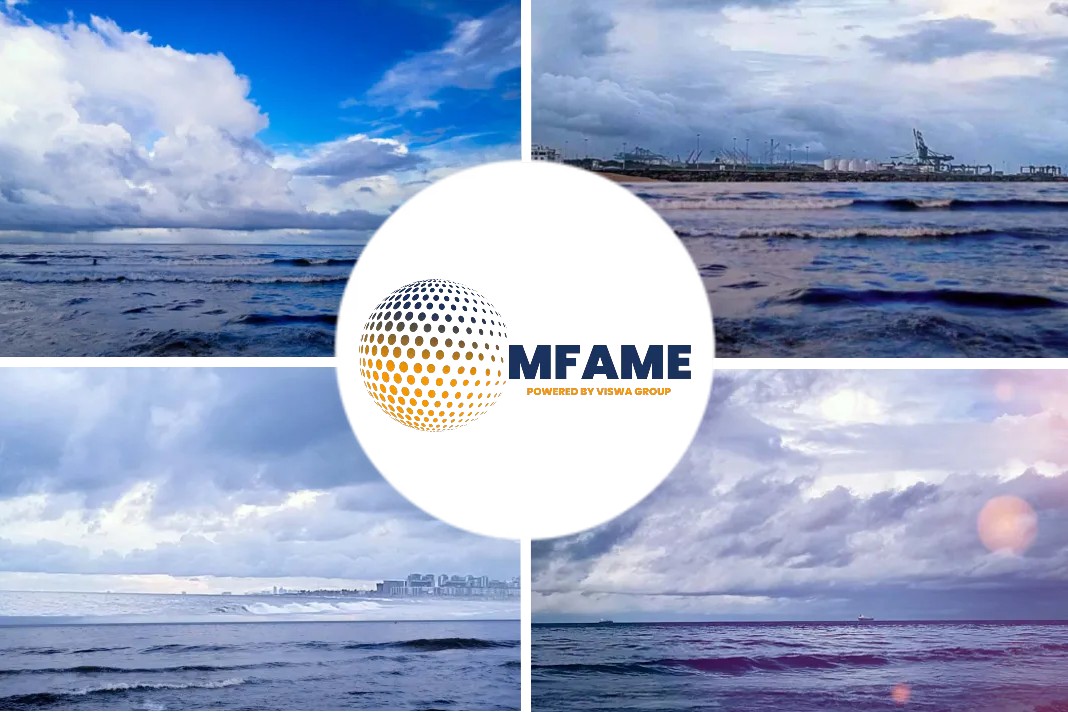
The global oil-refining complex’s centre of gravity is moving dramatically eastward, which is causing a boom in the industry of building ships to transport fuel around the world, as reported by Bloomberg.
Pandemic
According to shipbroker Braemar, this year has seen one of the busiest first quarters since 2013 with orders for up to 38 mid-range tankers. According to shipbroker Simpson Spence Young, the total number of ships awarded international serial numbers this year is 28, approaching the total of 31 for the entirety of 2022. This is another indicator of orders.
When the Covid-19 pandemic slashed demand for petrol, diesel and jet fuel, inefficient refineries in the US and Europe were closed down, while new complexes are being constructed in Asia and the Middle East. Due to the ensuing increase in demand, more product has been brought onto the water as a result of consumers turning to those new producers for supply.
The pattern has raised the rates the current fleet can demand, increasing shipping’s profitability and quickening the building of new boats.
According to Alexandra Alatari, senior analyst at Braemar, “the main, structural shift in the refinery landscape that will boost refined-product shipping demand in the medium- and long-term is the geographical dislocation between new refineries and big users.”
Russian invasion
According to data from Kpler Inc., there are currently more than 200 million barrels of petroleum available at sea, up from 177 million two years ago. The figures take into account cargo that is in motion, being transferred from ship to ship, floating in storage, or merely congested.
As exports from Europe dwindle, customers on the US East Coast are already accepting additional fuel supplies from the Middle East and Asia. India is exporting more goods to Latin America while Australia, which just lost some home refineries, is importing more cargo from the north and southeast Asia. According to John Auers, managing director of refined fuels analytics at consultancy RBN Energy, US Gulf Coast refineries is prepared to transport more fuel to West Africa and Europe in the coming years.
The tendency has been strengthened by Russia’s invasion of Ukraine, driving up transportation costs recently as sanctions further reorganise international economic flows. At least since 2013, tankers in the Atlantic are making roughly $40,000 per day during this time of year. Goods spend more time waiting to be transferred to other ships and in floating storage while travelling long distances.
Did you subscribe to our newsletter?
It’s free! Click here to subscribe!
Source: Bloomberg

















